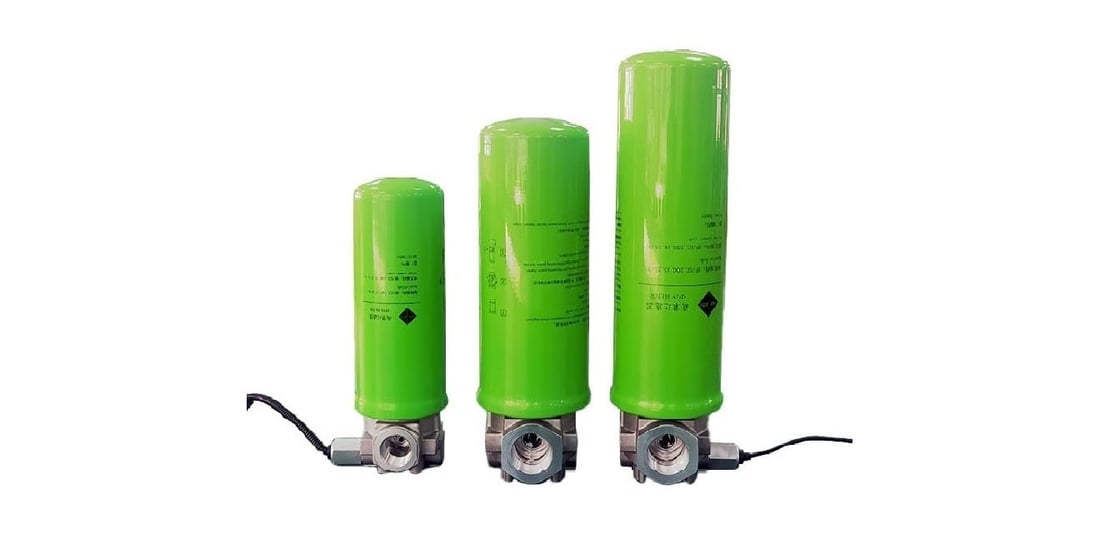Hydraulic filters are essential components in hydraulic systems, designed to remove contaminants from the hydraulic fluid. Here are some key product features of hydraulic filters:
-
Filtration Rating of hydraulic filters: This is measured in microns and indicates the size of particles that the filter can trap. Common ratings include 10, 25, and 40 microns.
-
Material Compatibility: Filters are made from materials compatible with the hydraulic fluid being used, such as stainless steel, aluminum, or specific polymers resistant to the fluid's chemical properties.
-
Flow Rate of hydraulic filters: The capacity of the filter to allow fluid to pass through it without causing a significant pressure drop. It is typically rated in gallons per minute (GPM) or liters per minute (LPM).
-
Pressure Ratings: Indicates the maximum pressure the filter can withstand without failure. This is crucial for maintaining system integrity under high-pressure conditions.
-
Installation Type: Hydraulic filters come in various configurations such as inline, return line, suction line, and off-line. Each type is suited for different positions within the hydraulic system.
-
Bypass Valve of hydraulic filters: Some filters include a bypass valve that opens when the filter becomes clogged, ensuring continuous fluid flow even when the filter is blocked.
-
Indicator: Many filters have visual or electronic indicators to signal when the filter needs replacement or maintenance.
-
Replacement Elements: Filters often come with replaceable elements, making maintenance easier and more cost-effective.
-
Temperature Resistance of hydraulic filters: They are designed to operate effectively within a specified temperature range, important for systems that run at varying temperatures.
-
Anti-Drainback Valve: Prevents fluid from draining out when the system is shut down, helping maintain prime and reducing startup time.
-
Construction Quality: High-quality seals and robust construction ensure durability and prevent leaks.
-
Compliance with Standards: Many hydraulic filters comply with industry standards like ISO 4572, which specifies dimensions and performance characteristics.
-
Ease of Maintenance: Features like quick-release mechanisms and accessible locations make maintenance simpler and faster.
Understanding these features helps in selecting the right hydraulic filter for specific applications, ensuring optimal performance and longevity of hydraulic systems.
Quote Inquiry
Contact us!

